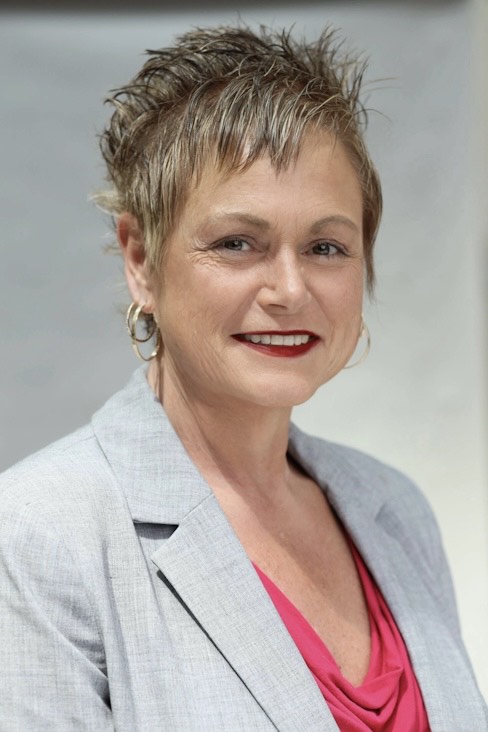
Pattie Cullum
How did your life change when you became a caregiver?
My dad was a very healthy person until he received a diagnosis late in life. He had been my mom's primary caregiver during her cancer battle, supporting her through treatments until her passing in 2016 after 54 years of marriage. After her loss, we each sold our homes in Massachusetts to downsize to a smaller home in New Hampshire with an in-law apartment. My dad, who was always independent, managed grocery shopping and drove himself to the gym and doctor's appointments. However, everything changed when he was diagnosed with Parkinson's disease in 2021, and I became his caregiver. He transitioned from making decisions to relying on me for tasks he once handled effortlessly. This shift came at a time when my husband and I planned to enjoy our empty-nester phase with my three girls and boy off to college and out on their own but, instead, we embarked on this new journey together.
What are your biggest challenges as a caregiver?
One of the most challenging aspects of being a caregiver for my father is navigating the shift in our roles. It’s emotionally complex and can be overwhelming to transition from daughter to caregiver. As I help him with daily tasks and decision-making, I often feel a deep sense of frustration and sadness as I witness the progression of his illness and the loss of his independence. I know it's essential to maintain his dignity while providing the support he needs, and that is a delicate balance I strive to uphold. I cherish the moments we spend together—playing cards, enjoying his favorite ice cream, taking walks, or reminiscing—and they serve as precious reminders that, despite these changes, I am still his daughter, not just his caregiver.
What have you learned about yourself through your role as a caregiver?
Asking for help has often been difficult for me. I have realized that people cannot read my mind or anticipate my needs. Clearly expressing what my father and I need is essential. My sister and children have stepped in to spend time with my father, providing me with a much-needed break and giving them precious time together. I often feel unaware of the resources available for military and veteran caregivers. Raising awareness about support and caregiver challenges can help build community, encourage discussions about mental health, and emphasize the importance of support systems. Ultimately, this awareness can help prevent caregiver burnout and promote healthier lives for veterans, caregivers, their families, and friends.
